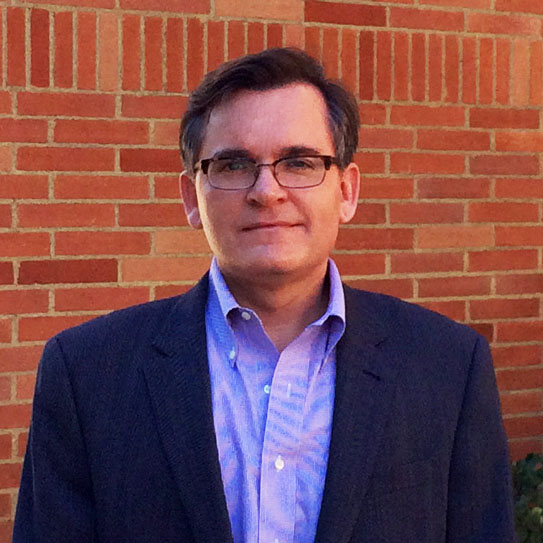One of Ghislaine Maxwell’s lawyers is trying to bar two alleged victims from giving impact statements at the convicted sex trafficker’s sentencing on June 28.
Sarah Ransome and Elizabeth Stein were not among the three official victims who testified in Maxwell’s trial late last year, but sentencing hearings are often opened up to allow a larger pool of alleged victims to speak and help the judge make their sentencing determination.
Maxwell is facing up to 65 years in prison after a jury convicted her on charges of conspiracy and sex-trafficking minors. Her legal team has long argued that she is being scapegoated for the crimes of her one-time boyfriend, Jeffrey Epstein, who died in prison before he could be brought to justice.
In a court filing on Tuesday, an attorney representing Ransome and Stein, Robert Lewis, requested that his clients be allowed to speak at Maxwell’s sentencing in their capacity as “victims of the sex trafficking perpetrated by Jeffrey Epstein” and Maxwell.
Lewis told Insider on Wednesday that he intends to file papers with that office explaining why his clients should be allowed to speak at the sentencing. He said he believes that the definition of a victim in this case is broad, and that his clients should have the opportunity to speak, especially since victims were largely left out of the process when Epstein cut a non-prosecution agreement in 2008, when his conduct with minors first came under scrutiny.
“In brief, the law broadly defines a ‘victim’ for sentencing purposes and the court has broad discretion to allow anyone with an interest in the matter to speak at sentencing,” Lewis said. “Given the history of the ‘Epstein’ criminal proceedings here … we believe it critical that victims be given an opportunity to speak at this sentencing.”
Lewis told the Miami Herald that the court’s victim victim/witness coordinator told him before the trial that Ransome didn’t qualify as a victim in the case and wouldn’t get priority seating in the courtroom. Meanwhile, Stein commuted two hours both ways from her home in Pennsylvania almost every day of the trial to stand in the cold outside the courthouse to get a seat, and didn’t make the cut on at least one occasion, as detailed by the Miami Herald.




Leave a Reply